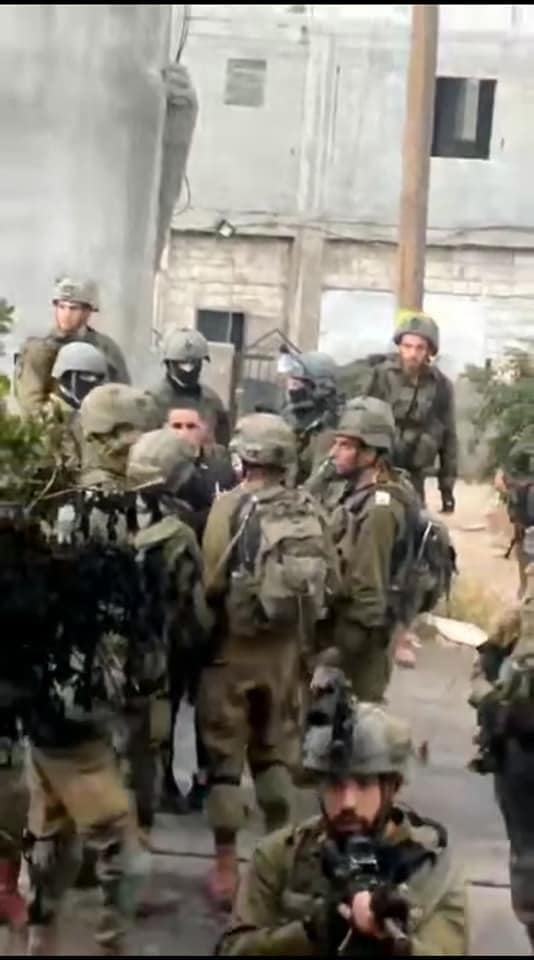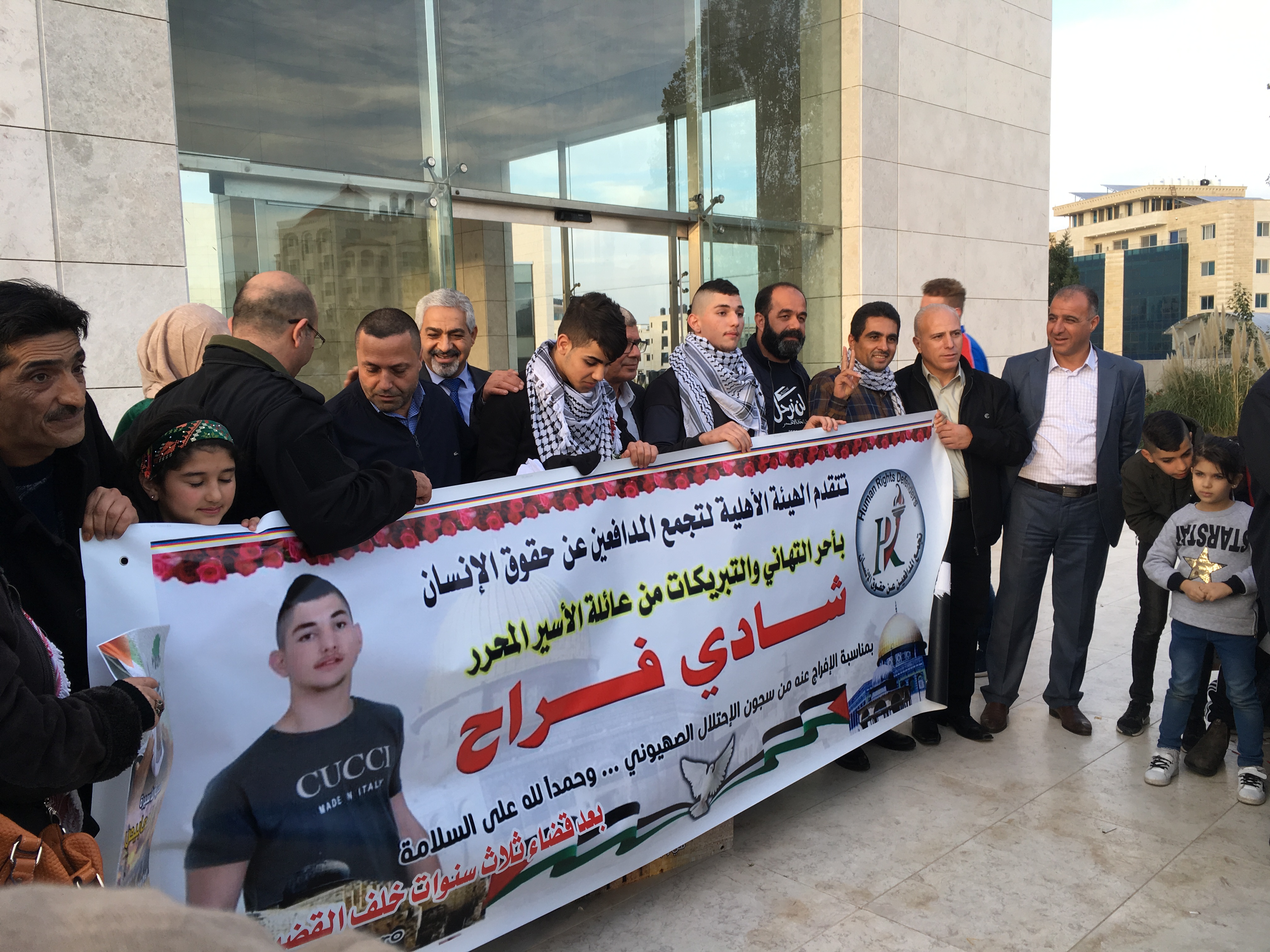Category: Ramallah
-
Israeli Occupation forces Shoot Children in the Head and Then Arrests Them in Nabi Salah
6/9/2023 Nabi Salah, Occupied Palestine, In the Aftermath of the Killing of infant Mohammad Tamimi the occupying forces invaded the sleeping village of Nabi Saleh again early Friday morning and aressted Wissam Tamimi, who had just turned seventeen, and twenty-two-year-old Mohammed Fadel Tamimi, from their homes. Both suffer from severe head injuries. The Israeli military…
-
Water Series: Hail of tear gas on peaceful villagers protesting settler theft of water supply in Kafr Malik
August 16 | International Solidarity Movement | Kafr Malik, Ramallah, occupied Palestine This is the third of a series of reports documenting the control and devastation of water sources by Israel as a tool of oppression. The residents of Kafr Malik, a town northeast of Ramallah, marched towards the Ain Samia area today…
-
Shadi Farah and Ahmad Zaatari are finally released from Israeli Jail
3rd December 2018 | International Solidarity Movement, Ramallah Team | Ramallah, Occupied Palestine



